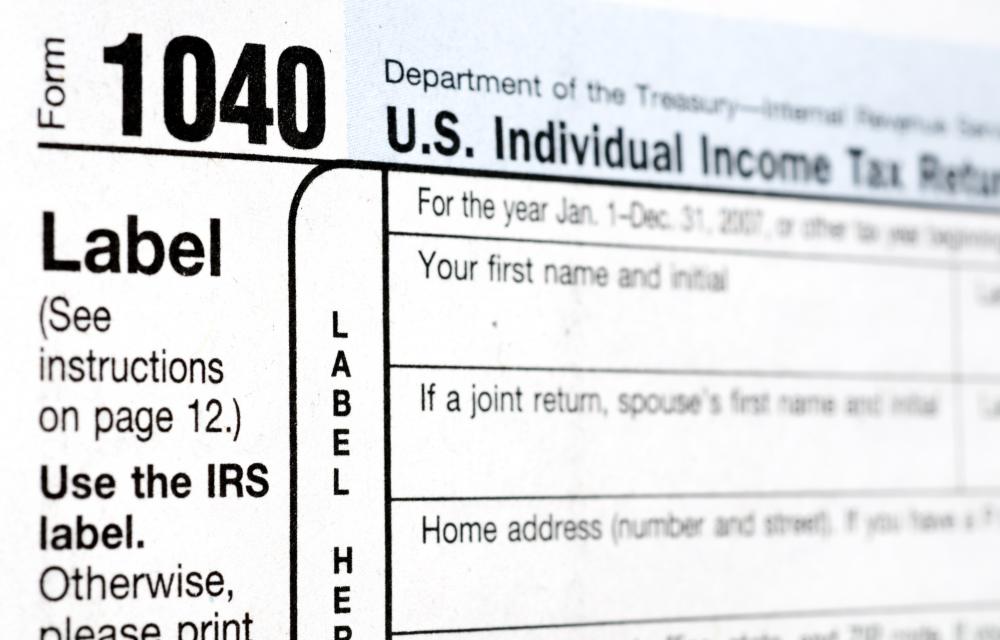At WiseGEEK, we're committed to delivering accurate, trustworthy information. Our expert-authored content is rigorously fact-checked and sourced from credible authorities. Discover how we uphold the highest standards in providing you with reliable knowledge.
What Is the Tax Amendment?
The United States Constitution sets forth the guiding principles upon which the United States of America was founded. While the Constitution covered an impressive amount of ground, even the Founding Father's knew that the future would likely call for changes to the Constitution and, therefore, provided a forward thinking mechanism to amend the Constitution. The issue of taxation is one issue that, while mentioned in the Constitution, required an amendment to clear up the role of taxes in the United States. The 16th Amendment to the Constitution has come to be called the "Tax Amendment" because it finally cleared up the issues surrounding Congress's authority to impose taxes and in what manner those taxes may be imposed.
The Tax Amendment reads as follows: "The Congress shall have power to lay and collect taxes on incomes, from whatever source derived, without apportionment among the several States, and without regard to any census or enumeration." Ratified in 1913, the Tax Amendment finally put to rest the debate over whether income taxes are direct or indirect taxes and, therefore, whether or not they must be apportioned among the states. Prior to the ratification of the 16th Amendment, a number of Congressional acts and Supreme Court cases centered around the issue of whether income taxes were direct or indirect taxes, with differing results. Congress finally settled the issue with the ratification of the Tax Amendment.

The concept of an income tax was originally introduced as a way to supply revenue to the Civil War. A series of revenue acts imposed a flat income tax on income over a certain threshold. At the time, income taxes were considered to be indirect taxes and, therefore, the only requirement was that they were imposed with geographic uniformity. A Supreme Court decision, however, in the case of Pollock v. Farmers' Loan & Trust Co. in 1895 held that certain income taxes were actually direct taxes and "must be apportioned among the several States according to population." After Pollock, the source of income became the deciding factor as to whether a tax was considered a direct or indirect tax.

As a result of the confusion and controversy over income taxes, the Tax Amendment was introduced as the 16th Amendment to the Constitution in 1909. The amendment set to rest, once and for all, the debate over whether the source of income should be considered and whether income taxes are direct or indirect taxes. The Tax Amendment clearly states that all income is indirect income and is, therefore, not required to be apportioned among the states.
AS FEATURED ON:
AS FEATURED ON:












Discuss this Article
Post your comments